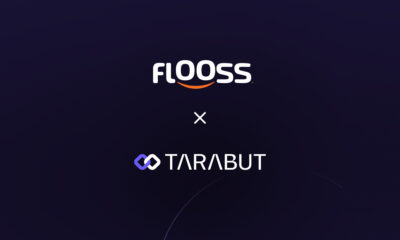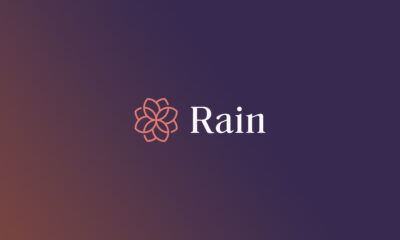News
Bahrain Plans To Develop 300 Smart Factories By 2026
The iFactories initiative will adopt the top regional and global practices to ensure sustainability and raise productivity.

Bahrain has launched an initiative to support its manufacturing sector as the world moves closer towards the Fourth Industrial Revolution. The initiative is known as iFactories and will assess factories’ readiness and digital maturity while allowing businesses to invest in new infrastructure and manufacturing automation technologies.
Abdullah bin Abdel Fakhro, Bahrain’s Minister of Industry and Commerce, said the initiative aims to transform 300 manufacturing facilities into smart factories by 2026.
The initiative will use a four-step process:
- Evaluation by the ministry with technical assistance to conduct self-evaluation.
- Evaluation by a team of accredited evaluators.
- Empowerment, involving the factory creating a digital transformation plan.
- Development, with the ministry monitoring the transformation process.
Dr. Khaled Fahad Al Alawi, Assistant Undersecretary for Industrial Development, explained that smart factories would be evaluated using the SIRI index, an international standard based on applying practices and tools centered around the Fourth Industrial Revolution.
Also Read: Phoenix Group & Green Data City Plan Crypto Farm In Oman
The latest initiative is part of broader plans to drive growth by modernizing Bahrain’s industrial sector and encouraging businesses to automate and expand their operations.
News
Mamo Completes $3.4M Funding Round To Enhance Fintech Services
The startup will use the influx of cash to expand into Saudi Arabia and across the wider GCC while improving its product offering.

UAE-based fintech Mamo has announced the completion of a $3.4 million funding round that will help the startup extend its market presence and improve its product offering. Investors included 4DX Ventures, the Dubai Future District Fund and Cyfr Capital.
Mamo’s platform offers “payment collection, corporate cards and expense management” to help small and medium-sized businesses consolidate and streamline their operations. With the latest influx of capital, Mamo will further develop its comprehensive suite of services and begin testing its product lines in Saudi Arabia, further extending its footprint across the GCC.
Imad Gharazeddine, co-founder and CEO of Mamo, stated: “We’ve been in the market for a while now and are incredibly proud of what our team has achieved. The holistic and expansive nature of our product offering has helped us continue to grow sustainably. This additional funding will allow us to reach our medium-term goals even faster. The support from new and existing investors is a testament to our strong expertise and the ability to deliver on our customer promise”.
Daniel Marlo, General Partner of lead investor 4DX Ventures, added: “We have immense trust in Imad’s vision, leadership and Mamo’s innovative approach to provide a user-friendly and comprehensive financial solution for SMEs that makes financial management more accessible and efficient. We are proud to partner with them and support their mission”.
Also Read: A Guide To Digital Payment Methods In The Middle East
Amer Fatayer, Managing Director of Dubai Future District Fund’s investment team, also commented: “Mamo’s localized product lines serve as an infrastructure for SME payments and spend management in UAE, a segment that is underserved by the country’s current banking infrastructure. The team has taken a product-first approach to consolidating SMEs’ financial journeys and building a fintech solution deeply embedded in a business’s core operations”.
To date, Mamo has raised around $13 million in investment funding and now boasts a team of 30 people. The company’s intuitive financial services platform has allowed over 1,000 businesses to consolidate their financial operations and significantly reduce payment fees.
-

 News4 weeks ago
News4 weeks agoAmazon Prime Day 2024: Get Ready For 6 Days Of Amazing Deals
-

 News4 weeks ago
News4 weeks agoSamsung Unpacked 2024: What To Expect From The July 10 Event
-

 News4 weeks ago
News4 weeks agoCoursera Report Shows Surge In UAE Interest In AI Upskilling
-

 News4 weeks ago
News4 weeks agoMeet Dubai’s Groundbreaking Smart Robot Delivery Assistant
















